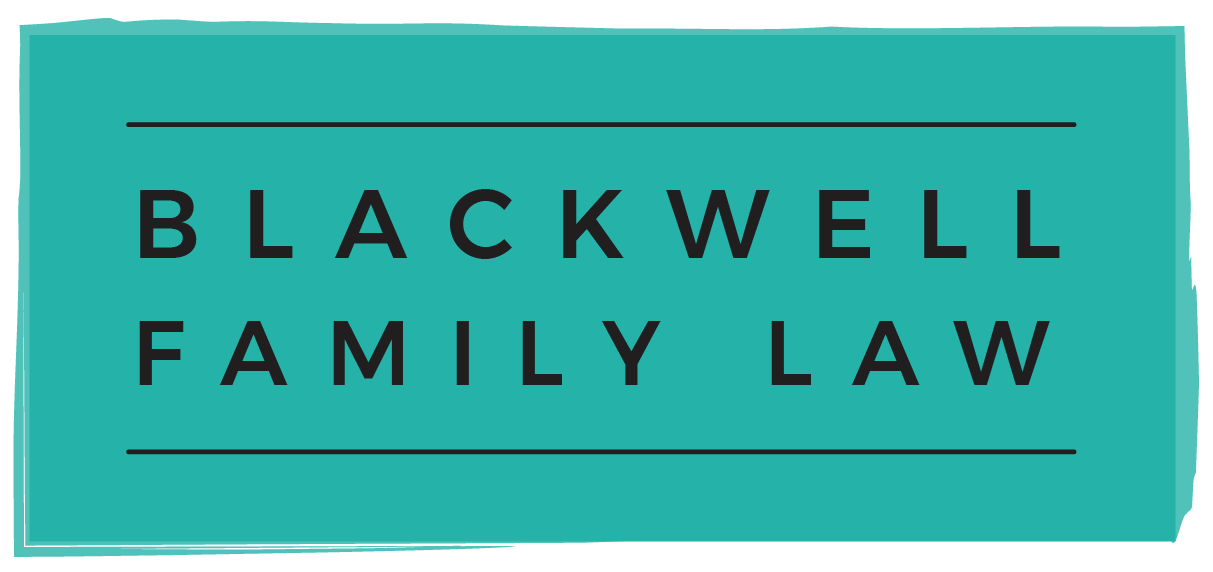Stressful situations tend to bring out both the best and the worst behaviour in people. When the courts are dealing only with emergency and urgent issues, some people may be tempted to take advantage of the situation and think that unreasonable behaviour will not have any consequences. But, sooner or later, there are always consequences for bad behaviour. In the family law context, those consequences impact credibility, can result in a contempt order and increase legal costs.
Credibility is critically important when dealing with family law issues, both with an ex-spouse and with the court. Successful separated spouses are able to rebuild trust to at least a basic level with the other spouse. But, when one person takes advantage of a situation like Covid-19, that basic trust is broken. The parent who refuses to return a child now because of Covid-19 without specific and valid reasons risks facing a lack of cooperation from the other parent the next time they need it.
In court, credibility is key to convincing the judge to believe one side of the story versus the other. If a parent acts unreasonably in a way that brings into question their truthfulness, such as failing to disclose receipt of government emergency benefits or pretending to but not actually complying with Covid-19 guidelines, credibility at future court hearings will be negatively affected. As Justice McPherson said in the recent case of Douglas v. Douglas, 2020 ONSC 2160 “Finally, all counsel and parties must be aware that actions taken in these unusual circumstances, may very well be judged once court operations resume, as not being appropriate nor in the best interests of their children.”
When the unreasonable behaviour is connected to an existing court order, it gets more complicated. Court orders are orders, not suggestions. They are expected to be followed. If it is not possible to do so without putting the safety of a child at risk, the person who wants to change the rules needs to take the initiative to do so. If an agreement cannot be worked out with the other person, steps must be taken to change the order in court. If not, the person in breach of the order risks facing a contempt motion pursuant to Rule 1(8) and Rule 31 of the Family Law Rules.
Unreasonable behaviour inevitably leads to increased costs. Even out of court, when one “ex” acts unreasonably, everyone involved has to take time away from their regular jobs to sort out the problem. Legal advice, lawyers’ letters and mediation all cost money that could otherwise be used to support the family. If the dispute goes to court, there will be additional costs for court filing fees, preparing documents and attending hearings. A court will order the unsuccessful person to pay some or all of the successful person’s legal fees, as long as the successful party acted reasonably. In fact, Rule 24 of the Family Law Rules requires a court to consider whether a person acted reasonably or unreasonably “in relation to the issues from the time they arose” as well as “bad faith” when determining the amount to award for costs.
Remember, as Justice Pazaratz warned in a recent endorsement, “Your reputation will outlast Covid-19. So please don’t try to take advantage of the current situation. In the long run, self-help will turn out to be a big mistake.” (McNeil v. McGuinness, 2020 ONSC 1918.) Hopefully, parents who are considering acting unreasonably will hear these wise words and will be convinced to make better choices.
